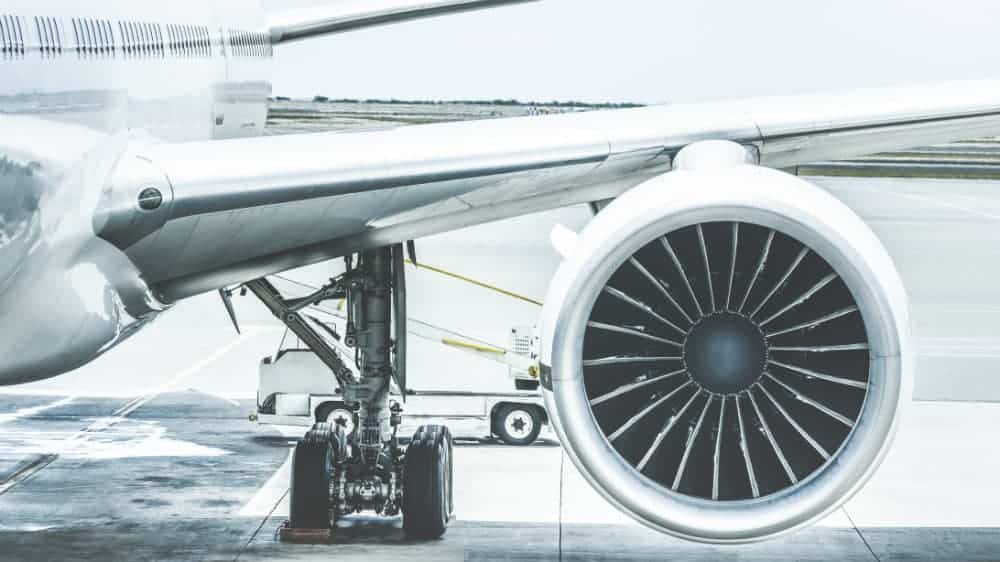Air Canada (TSX:AC) has been a disaster in 2020. Rocked by COVID-19, it lost $1.75 billion in the second quarter and $1.05 billion the quarter before that. The two losing quarters sent the company’s stock into the gutter. Trading at $16.23 as of this writing, it’s down more than 60% year to date.
Air Canada isn’t alone in all this. Other airlines like Delta and WestJet are seeing similarly dismal results. Delta recently posted a $2.8 billion adjusted net loss, while WestJet laid off 1,700 pilots earlier in the year. With COVID-19 restrictions killing demand for travel, airlines have few options except cutting costs.
Not all airlines are in this boat, however. Despite the industry-wide headwinds, some are doing A-OK. In fact, a few are actually thriving. Many small airlines that fly goods instead of people have been able to remain profitable in 2020. In this article, I’ll be taking a look at one whose stock is beating AC in 2020.
Cargojet
Cargojet (TSX:CJT) is a small cargo airline that ships overnight packages. Its business includes shipping a lot of e-commerce orders, including those originating from sites like Amazon.
E-commerce companies have done well in 2020 thanks to the closure of brick-and-mortar retailers. And Cargojet has reaped some of the rewards. Starting the year at $100, its stock is now up to $189. Those gains appear to be at least somewhat supported by fundamentals, as we’ll see shortly.
Strong second-quarter results
In the second quarter, Cargojet did $196 million in revenue, up from $119 million in the same quarter a year before. EPS came in at a $2.89-per-share loss, but that was largely due to a fair-value loss on stock warrants. Excluding this non-recurring, non-cash charge, the company would have been solidly profitable in the second quarter.
The company posted $91.1 million in adjusted EBITDA, which removes the effect of this charge. Going by that metric, CJT saw solid earnings growth in Q2. Whether you prefer the GAAP figure or the adjusted figure, it’s undeniable that the company beat on revenue.
Valuation
As a result of its strong performances in Q1 and Q2, Cargojet stock has gotten very expensive based on trailing earnings. However, the “forward” P/E ratio, based on Thomson Reuters estimates, is only 49. That’s not too steep for a company growing revenue at 62% year over year. If Cargojet can keep up its revenue growth, then its stock may be worth the asking price.
Foolish takeaway
Ever since the COVID-19 pandemic began, investors have been wondering when to pull the trigger on airlines. Unfortunately, those who bought the dip haven’t been rewarded. With demand for travel way down, passenger airlines have a long way to go before they can get back to 2019 revenue levels. As a result, it’s probably not a good idea to buy passenger airline stocks any time soon.
Cargo airlines, however, are a different story. Products have to keep moving, and there’ll always be demand for airlines that move them. Cargojet, so far, has benefitted from that reality.









